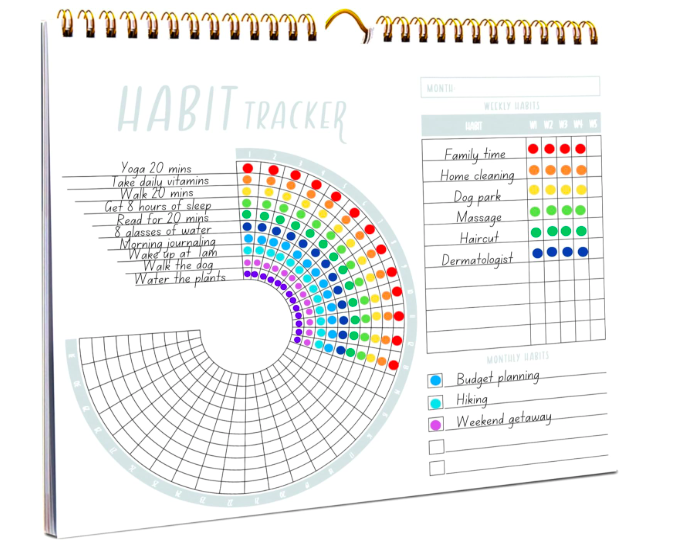Science gives us a clear picture of why this happens. When we run, our bodies release endorphins — the “feel-good” chemicals often linked to what’s known as the runner’s high. These natural chemicals don’t just lift your mood temporarily; they help reduce the physical symptoms of anxiety, like racing thoughts and tension in the body. At the same time, running lowers the production of stress hormones like cortisol, helping the body return to a calmer, more balanced state.
1. Why Running Helps Calm the Mind
Running creates a rhythm that slows down racing thoughts and provides a natural release for bottled-up emotions. Just like journaling offers space to process, running gives the brain a chance to declutter and reset.

Wireless Earbuds, ENC Noise Cancelling Sport Ear Buds
Revolutionary Touchscreen Control Case: Breaking traditional sports earbud design, our Bluetooth earbuds feature not only smart single-tap controls but also an multifunction touchscreen charging case.
2. The Biology of Stress Relief
When we run, our body releases endorphins, which help lift mood and create the famous “runner’s high.” At the same time, levels of cortisol, the stress hormone, drop. This biological shift reduces feelings of anxiety and promotes a sense of calm.
3. Running as Moving Meditation
Running is more than physical — it can be a form of mindfulness. The steady sound of your breath, the rhythm of your footsteps, and the focus on your route can bring you into the present moment. This breaks the cycle of overthinking that often fuels anxiety.

Women’s Long Sleeve Running Shirts Quick Dry Lightweight Pullover
Quick dry & lightweight fabric on the back combine with soft & stretch fabric on the front can wicks moisture away from the skin, and keeping you dry and comfortable all day.
4. Building Mental Resilience Through Running
Each run strengthens not just your body, but your confidence. Overcoming challenges like finishing a tough route or running in less-than-perfect conditions teaches your brain resilience. This resilience translates into everyday life, making it easier to manage anxiety.
5. Creating a Routine That Works for You
Like journaling, running works best when it’s a regular practice. Carving out time — whether it’s a 20-minute jog before work or a longer run on weekends — gives your brain a predictable outlet for release. The key is consistency, not perfection.

Stay accountable with a habit tracker planner that helps track your workout calendar, self care tracker and goal journal.






